Flutter announces new stable build for Windows development
Google has worked with Microsoft to target Windows as the first stable desktop-specific release of the cross-platform development framework
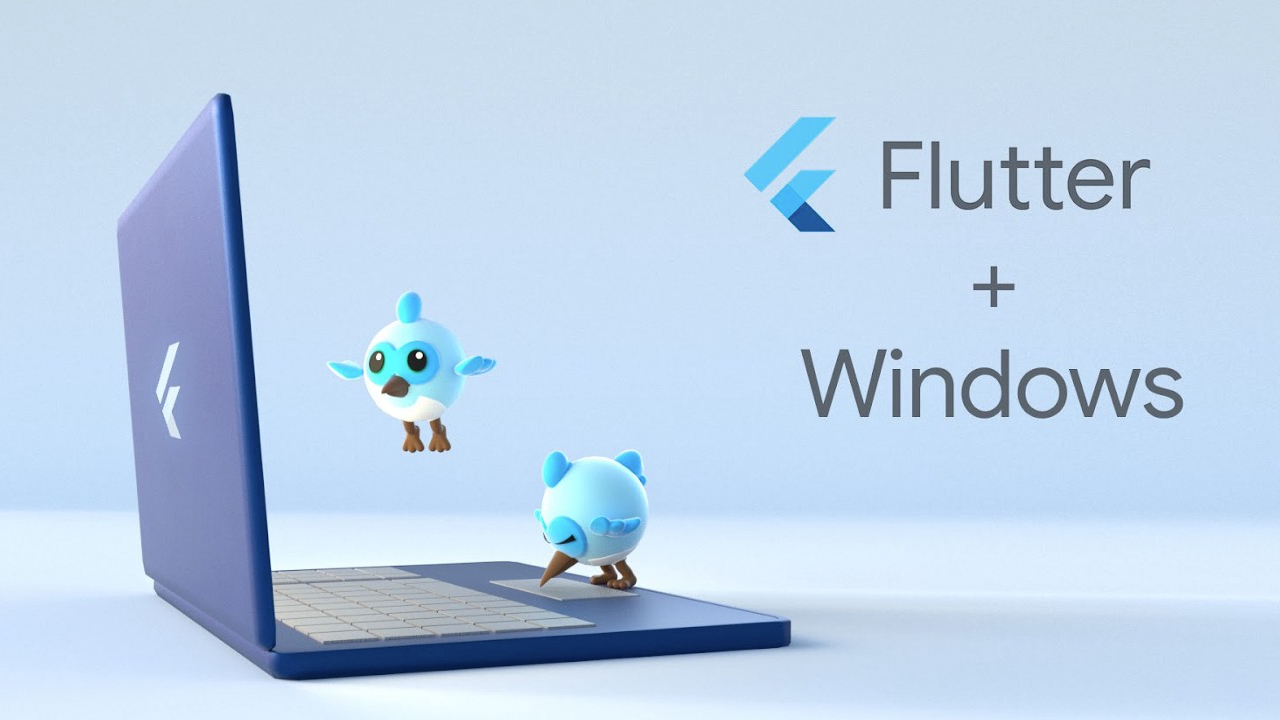

The team working on the Flutter development framework have launched Flutter for Windows, marking the first stable release on a desktop platform.
The first Windows-specific stable build of the Google-created Flutter framework will allow developers to build Windows-first applications using the cross-platform development toolkit. The framework also functions on other platforms like iOS, Android, macOS and Linux, though these have yet to receive stable Flutter builds.
Flutter is a relatively new cross-platform framework that builds on the Dart programming language, allowing developers to build apps for mobile and desktop all with a single codebase. It has been used by the likes of BMW, ByteDance, and Betterment, plus 30 teams from inside Google to make business-ready apps since its first launch in 2017.
Developers can use every part of the Flutter framework to build Windows-first apps, and it can also talk to the Win32, COM, and Windows Runtime APIs either directly through Dart’s C interop layer, or using a platform plugin written in C++.
As well as Google adding Windows support to some of the most popular Flutter packages, and the community adapting a wider selection of packages for Windows too, there are a number of packages available to developers to develop a fully tailored UI for Windows apps that express the Microsoft Fluent design system.
"We’re delighted to see Flutter adding support for creating Windows apps," said Kevin Gallo, corporate vice president for Windows Developer Platform at Microsoft.
"Windows is an open platform, and we welcome all developers. We’re excited to see Flutter developers bring their experiences to Windows and also publish to the Microsoft Store. Flutter support for Windows is a big step for the community, and we can’t wait to see what you’ll bring to Windows."
Get the ITPro daily newsletter
Sign up today and you will receive a free copy of our Future Focus 2025 report - the leading guidance on AI, cybersecurity and other IT challenges as per 700+ senior executives
Flutter 2.10 includes additional features, performance improvements, and bug fixes, said Tim Sneath, product manager for Flutter and Dart at Google.
"In the coming months, you’ll hear more from us on completing stable support for macOS and Linux, making the full set of desktop, web, and mobile platforms available for your production Flutter apps," he added.
The majority of developers have welcomed the update with a positive reception, with specific attention being placed on the applications that have already been updated to harness the new Windows-first features.

Flutter said it's "very exciting" to see its maturing ecosystem of apps take shape, such as the Rive graphics tooling suite (pictured above), Nevercode's Codemagic CI/CD tool, and Flutter's own low-code Flutter app design tool, FlutterFlow, in addition to a number of other projects too.
RELATED RESOURCE

The top three IT pains of the new reality and how to solve them
Driving more resiliency with unified operations and service management
Flutter is still in its infancy as a development framework and while developers are excited for the latest update, there are still some bugbears held by the community, such as lacking support for web-based apps.
Flutter launched a 'stable' version for web apps in August 2021 that aimed to allow the seamless transformation of code designed for mobile apps to the web, but developers still criticise Google for not fixing the numerous bugs still affecting that arm of the framework.
Flutter is also not yet highly regarded in the professional space - it didn't make the top 50 in the TIOBE index, a monthly ranking of the most in-demand development languages, though Dart - the language that underpins Flutter - is ranked at 37.

Connor Jones has been at the forefront of global cyber security news coverage for the past few years, breaking developments on major stories such as LockBit’s ransomware attack on Royal Mail International, and many others. He has also made sporadic appearances on the ITPro Podcast discussing topics from home desk setups all the way to hacking systems using prosthetic limbs. He has a master’s degree in Magazine Journalism from the University of Sheffield, and has previously written for the likes of Red Bull Esports and UNILAD tech during his career that started in 2015.
-
 Oracle Java pricing concerns could spark a developer exodus
Oracle Java pricing concerns could spark a developer exodusNews Oracle Java users have raised concerns over pricing, with many considering switching to open source options.
By Solomon Klappholz
-
 Python just brushed past JavaScript to become the most popular programming language on GitHub – and a key factor is that AI developers love it
Python just brushed past JavaScript to become the most popular programming language on GitHub – and a key factor is that AI developers love itNews The meteoric rise of Python shows no sign of stopping
By Nicole Kobie
-
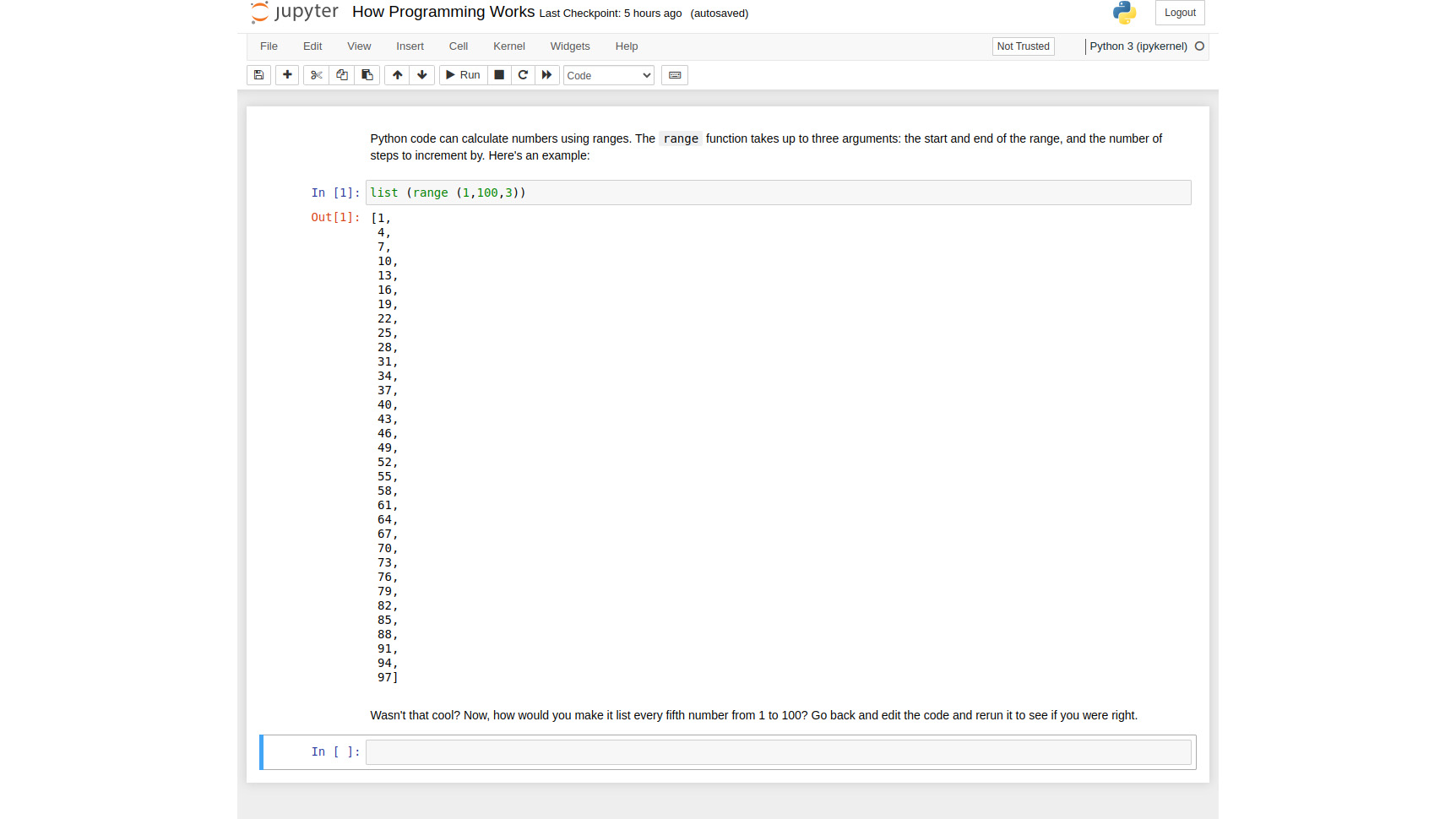 JupyterLab review: A powerful tool for documenting your data science journey
JupyterLab review: A powerful tool for documenting your data science journeyReviews Literate programming toolkit takes dynamic code documents to new heights
By Danny Bradbury
-
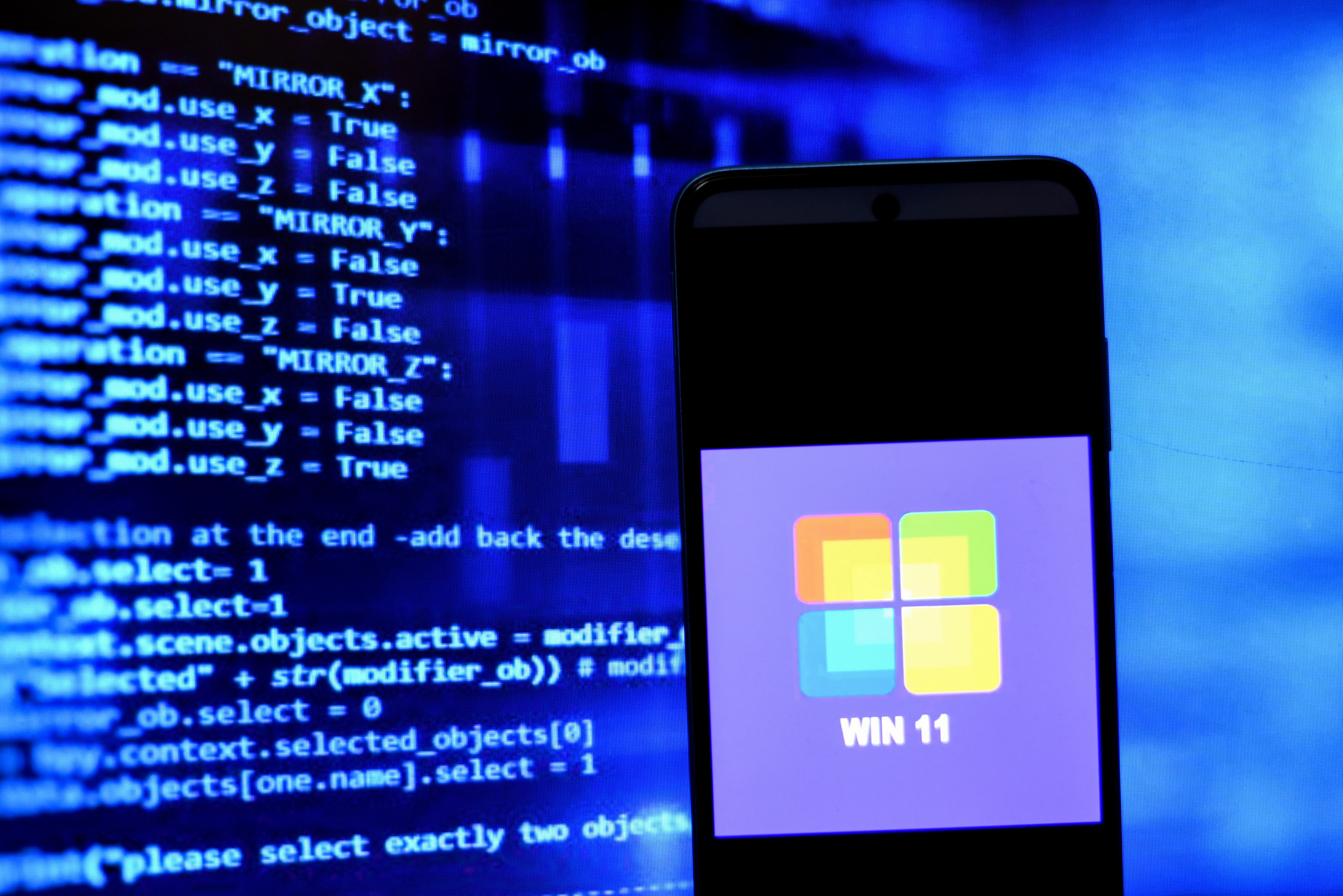 Microsoft continues its Rust mission with new kernel features
Microsoft continues its Rust mission with new kernel featuresNews The latest critical feature comes as a "small trial" to select Windows Insiders
By Connor Jones
-
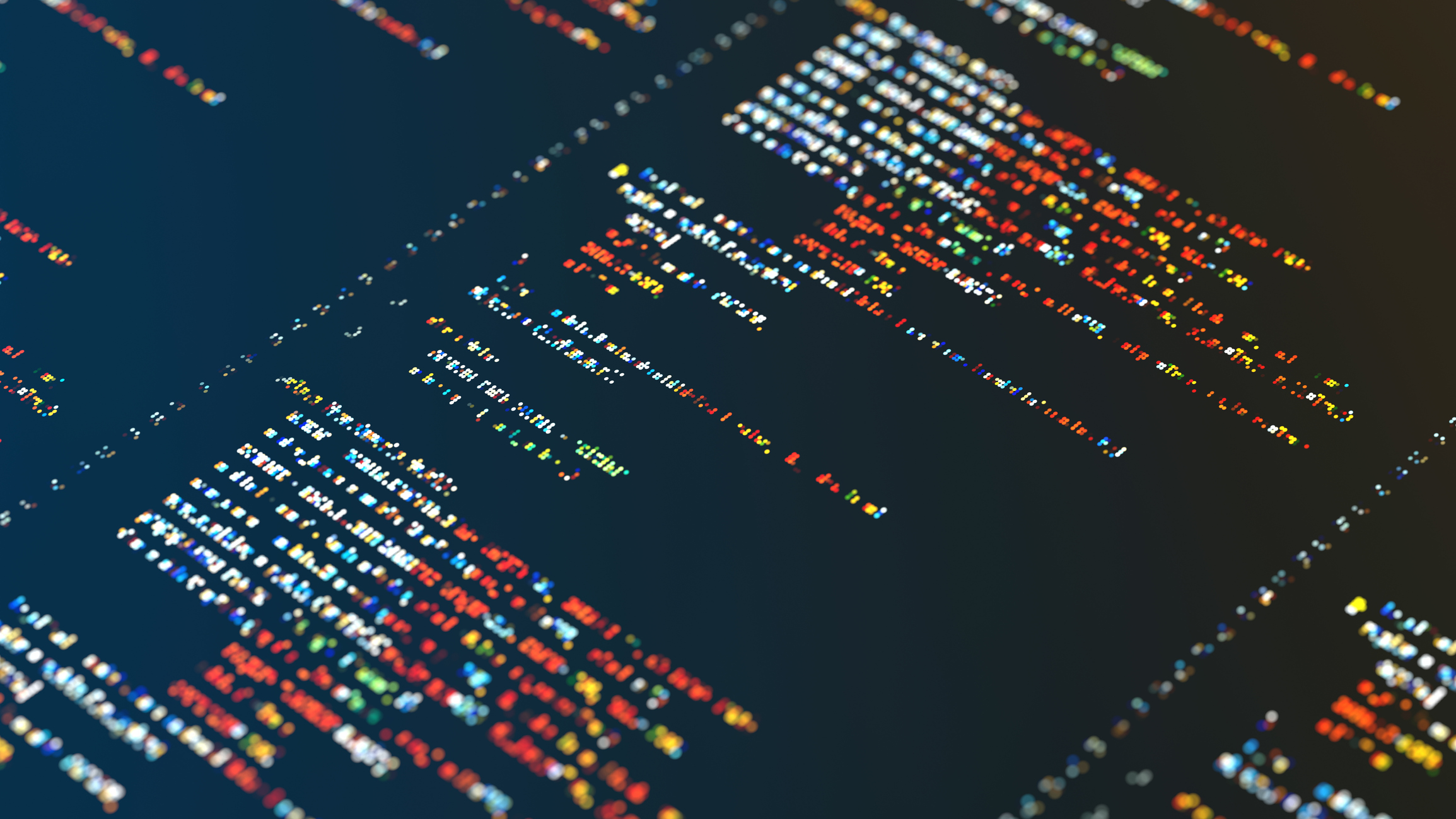 Report: Regulatory and monetary incentives needed to adopt safer programming languages
Report: Regulatory and monetary incentives needed to adopt safer programming languagesNews Companies have been urged to create plans on how they intend to get rid of memory-unsafe code in their products
By Zach Marzouk
-
 Microsoft Azure CTO hails 'most loved' Rust as the successor to C and C++
Microsoft Azure CTO hails 'most loved' Rust as the successor to C and C++News Rust is a newer programming language that developers enjoy using and learning, and it's being adopted far across the industry, too
By Connor Jones
-
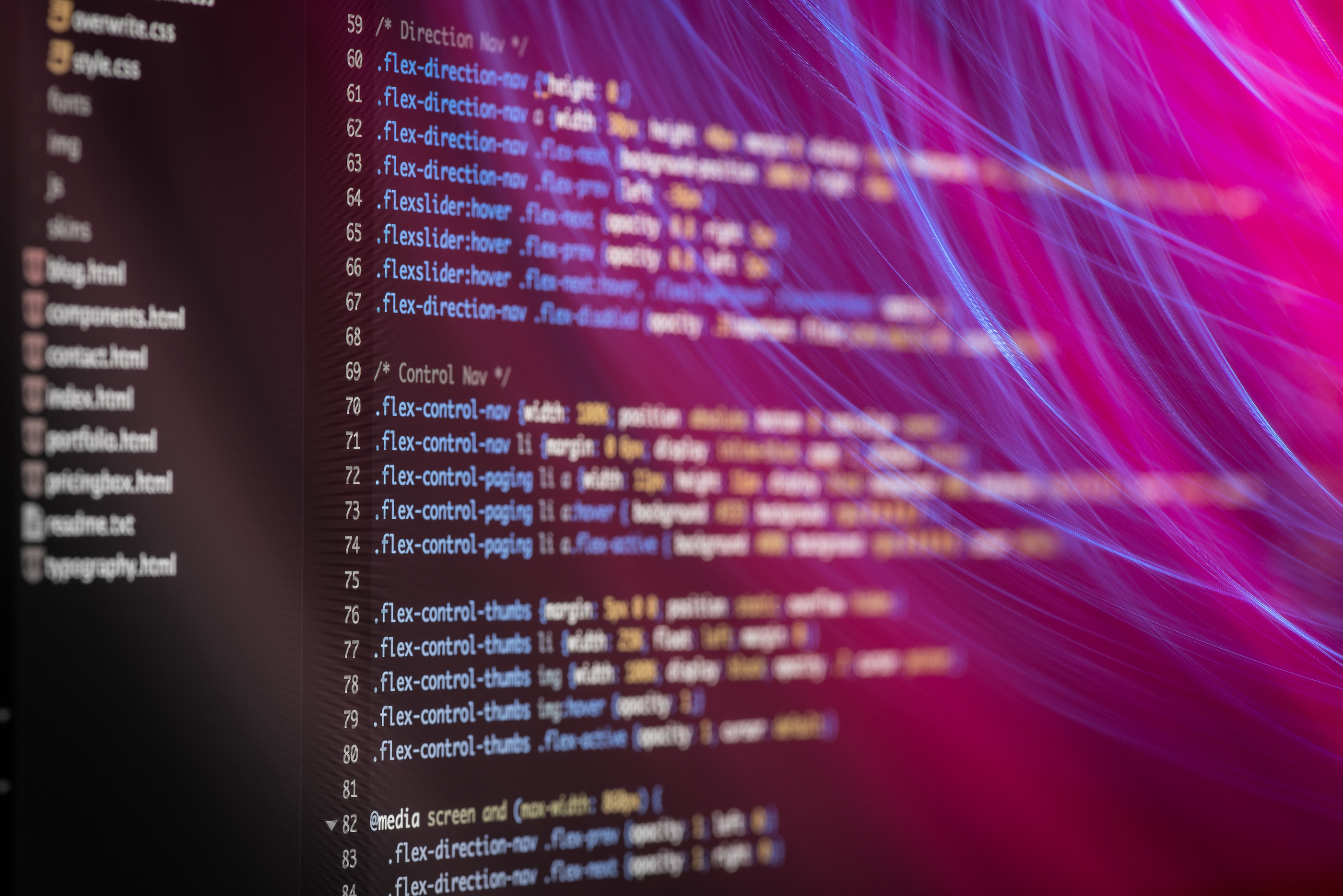 Programming with Python: Time to upgrade to fancy ANSI
Programming with Python: Time to upgrade to fancy ANSIOpinion Wordle inspires Dick to reinvent his 1980s ASCII toolkit for the 2020s, but this time he doubles down with ANSI
By Dick Pountain
-
 The best Python test frameworks
The best Python test frameworksBest Make your Python code shine with these testing tools
By Danny Bradbury

